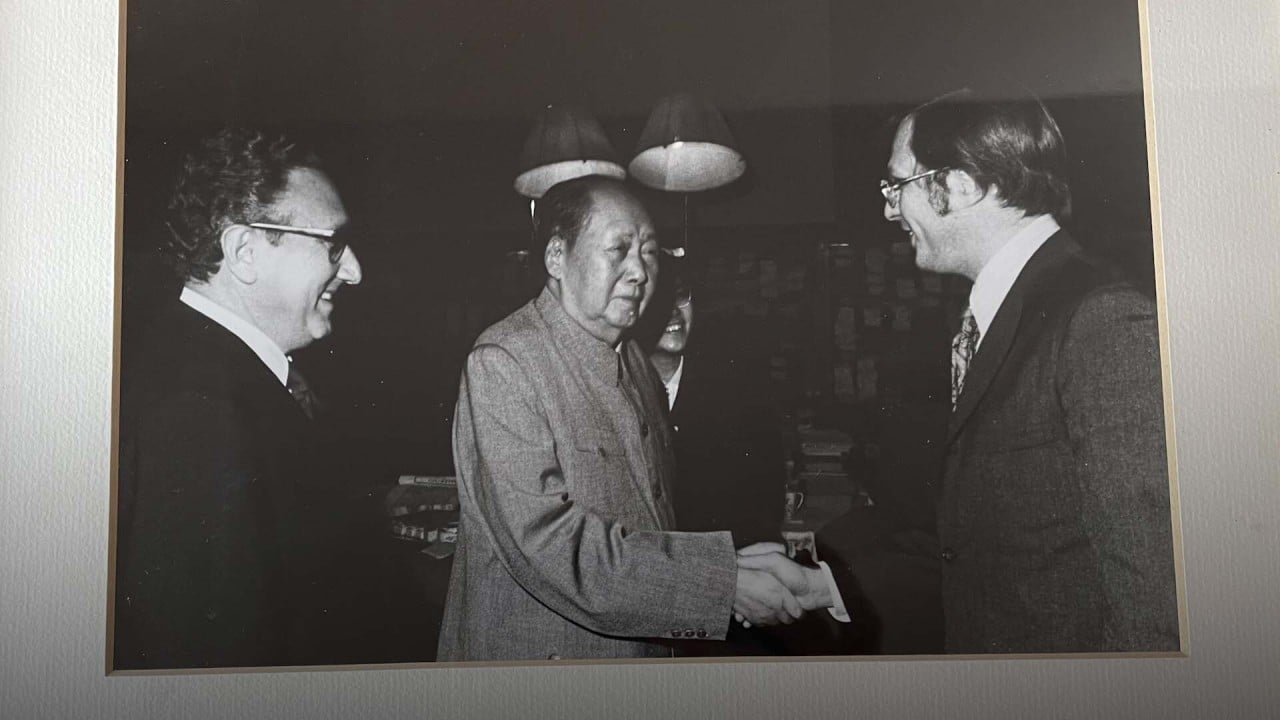
Face-to-face diplomacy crucial to steer US-China ties clear of conflict
- Observers warn the decline in official communication and backchannel talks since the Trump era has exacerbated suspicions on both sides
- While a possible meeting between Xi and Biden in November is a good sign, their credibility will hinge largely on their ability to avert Taiwan Strait crisis
But the debacle did not stop Beijing’s push for a sit-down encounter between Xi and Trump, which eventually occurred at the Mar-a-Lago resort in April 2017.
Taiwan military on high alert ahead of likely visit by Nancy Pelosi
Although the US-China detente did not last long, the episode became a high point for Yang personally, who was soon elevated as the first diplomat to join the Politburo in 15 years.
In retrospect, it feels like ages since Beijing’s leadership last appeared to put faith in direct communications and diplomatic engagement.
Henry Kissinger’s secret mission to China in 1971 helped open the country to the outside world and ushered in an era of engagement. Right after the bloody Tiananmen Square crackdown in June 1989, former president George H.W. Bush secretly dispatched his top advisers to Beijing “as friends to resume our important dialogue”.
But as tensions mount over US House Speaker Nancy Pelosi’s possible Taiwan trip, there is a shortage of political will and leadership to handle frictions diplomatically. Leaders and senior diplomats on both sides still talk to each other from time to time, such as the virtual talks between Xi and President Joe Biden last week, but the outcome is often lacklustre.
While China has become increasingly impatient with the geopolitical dominance of the US-led West, Washington has yet to figure out a replacement approach to dealing with a more confident Beijing.
Wang Jisi, a US expert at Peking University, recently lamented the absence of in-person official and academic exchanges, largely because of Covid-related travel restrictions, which he called “a very big problem” adding to bilateral tensions.
Chinese experts warn against US-led strategy targeting Beijing in South China Sea
Over 20 American and Chinese experts have warned that the sharp decline in official communication and regular backchannel talks on sensitive issues, such as Taiwan, since the Trump era has exacerbated suspicions on both sides and increased the possibility of miscalculation.
Speaking at a virtual meeting hosted by the National Committee on American Foreign Policy in June, they voiced concerns about the current approach of mutual isolation and alienation and its grave implications for the cross-strait situation.
Planes, ships and missile tests: how Beijing might react to Pelosi’s Taiwan trip
While they were divided over who should be blamed for the downward spiral in bilateral ties, they urged leaders on both sides to reboot regular communication to prevent policy surprises and unintended conflict.
It’s a good sign that Biden and Xi vowed to maintain dialogue and discussed the possibility of their first sit-down meeting in November. However, their credibility will hinge largely on whether they are capable of averting a Taiwan Strait crisis over Pelosi’s visit.


